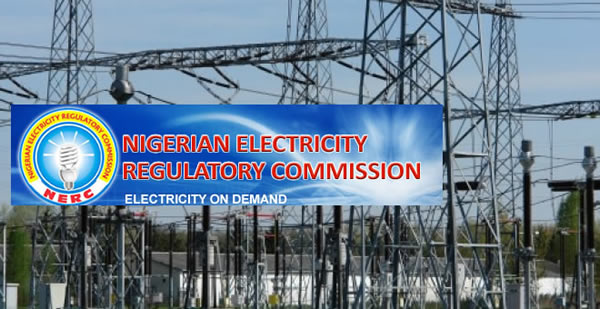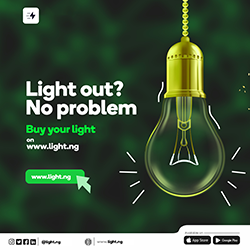Source: Naija News
The Chairman of the Nigeria Electricity Regulatory Commission (NERC), Sanusi Garba, has warned that reversing the recent electricity tariff hikes could force the Federal government to shoulder a massive ₦3.2 trillion subsidy in 2024.
Naija News reports that this announcement was made during a crucial stakeholders meeting convened by the House of Representatives Committee on Power.
Garba emphasized that without significant and sustained investment, Nigeria’s power sector is in jeopardy, with potentially catastrophic implications for national energy security.
He detailed the severe financial strains currently plaguing the sector, including issues with foreign exchange fluctuations and non-payment for gas, which are pivotal to maintaining a steady power supply.
“Prior to the tariff review, Distribution Companies (DISCOs) were only required to pay 10 per cent of their energy invoice,” Garba explained.
This financial instability has resulted in a marked decrease in gas supply and power generation, with frequent system collapses increasingly likely.
The NERC Vice Chairman
The NERC Vice Chairman, Musiliu Oseni, also supported the recent tariff increase, arguing it is essential to prevent a total shutdown of the sector.
Oseni pointed out the harsh reality that only N185 billion of the N645 billion allocated for subsidies in 2023 has been funded, leaving a significant shortfall.
In response, the Chairman of the House Committee on Power, Victor Nwokolo (PDP, Delta), acknowledged the complexities of the situation.
He noted that the committee is still gathering input, particularly from the Transmission Company of Nigeria and Generation Companies, which were notably absent from the meeting.
“The recent tariff adjustments were long overdue since 2022,” Nwokolo said, explaining that the sector’s inability to finance necessary upgrades is due in part to unforeseen demands from Nigeria’s population growth and the consequent need to expand the network infrastructure.
The discussions also touched upon the challenges posed by fluctuating exchange rates and security threats to power installations, which have increased operational costs.
Nwokolo stressed that any decision to halt tariff increases would require a full resolution from the House of Representatives, not just the committee level.
For more related news visit, www.blog.light.ng






